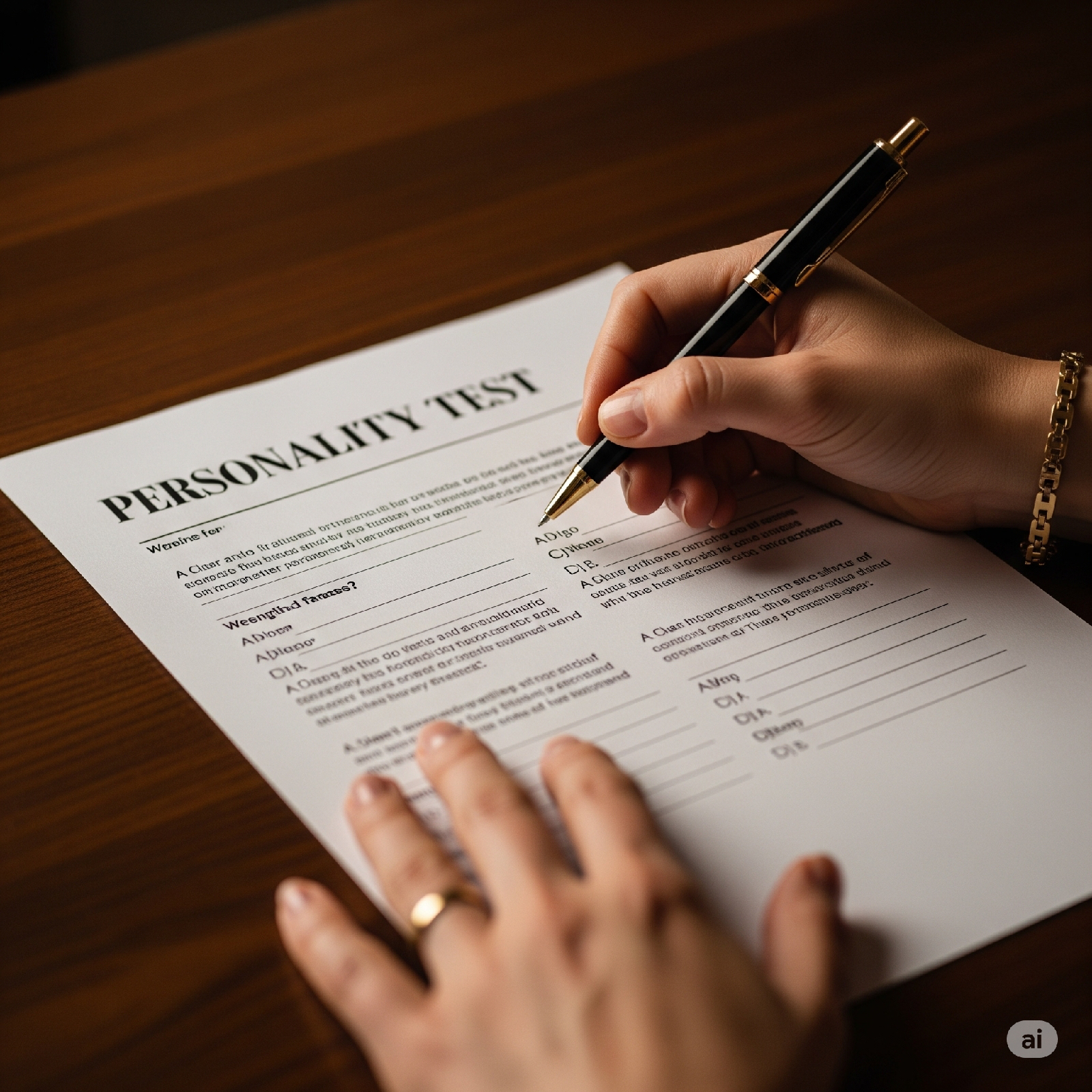Have you ever wondered why some people are natural leaders while others are deep thinkers or peacemakers? It all comes down to personality types—the unique ways we think, feel, and behave. Understanding personality can help you improve relationships, make better career choices, and even boost your personal growth.
In this post, we’ll explore the most popular personality frameworks used today.
1. 🔮 Myers-Briggs Type Indicator (MBTI)
The MBTI is one of the most widely used tools for understanding personality. It groups people into 16 types based on how they interact with the world, process information, make decisions, and structure their lives.
💡 Example:
INTJ – The Architect: Highly strategic, independent thinkers who love solving complex problems.
ENFP – The Campaigner: Enthusiastic, warm, and full of ideas—they bring creativity to every space.
🗨️ What's your MBTI type?
Drop it in the comments! Are you more of an introvert (I) or an extrovert (E)? Let’s find out who we’ve got here.
---
2. 🌊 The Big Five Personality Traits (OCEAN)
This scientifically backed model breaks personality into five broad dimensions:
Openness – love of new experiences and ideas
Conscientiousness – disciplined and goal-oriented
Extraversion – outgoing and social
Agreeableness – kind and cooperative
Neuroticism – emotionally sensitive or prone to stress
💡 Example:
Someone high in Openness might be an artist, always seeking new inspiration and ways to express creativity.
🗨️ Which of the Big Five traits best describes you?
Share your top 1 or 2 traits in the comments and let’s see which traits are most common among readers!
---
3. 🌀 The Enneagram
The Enneagram outlines 9 personality types, each defined by core motivations and fears. It’s often used for self-awareness and emotional growth.
💡 Example:
Type 2 – The Helper: Warm-hearted, generous, and always ready to support others—but sometimes forget to take care of themselves.
🗨️ What’s your Enneagram number?
Are you a peace-seeking Type 9 or a driven Type 3? Comment below and let’s discuss!
---
4. ⚙️ DISC Personality Types
The DISC model focuses on behavioral traits, especially how people interact with their environment and others.
D – Dominance: results-oriented and confident
I – Influence: persuasive and people-focused
S – Steadiness: calm and cooperative
C – Conscientiousness: precise and analytical
💡 Example:
A manager who scores high in D (Dominance) is direct, decisive, and driven by results—but may need to work on patience with others.
🗨️ Which DISC style are you?
Comment your DISC personality type—let’s see how different personalities show up in our community!
---
5. ⏱️ Type A and Type B Personalities
This classic model splits personality into two simple categories:
Type A – competitive, fast-paced, high achiever
Type B – relaxed, easy-going, and more laid-back
💡 Example:
A Type A person might be the first to show up at work, juggling meetings and to-do lists before lunch!
🗨️ Are you more Type A or Type B?
Let us know in the comments—no judgment zone!
---
🧭 Final Thoughts
Whether you're a curious ENFP, a reflective Type 4, or a balanced mix of traits, knowing your personality can open doors to self-understanding and better connections with others.
👉 So, what’s your personality type?
Leave a comment below

Comments
Post a Comment